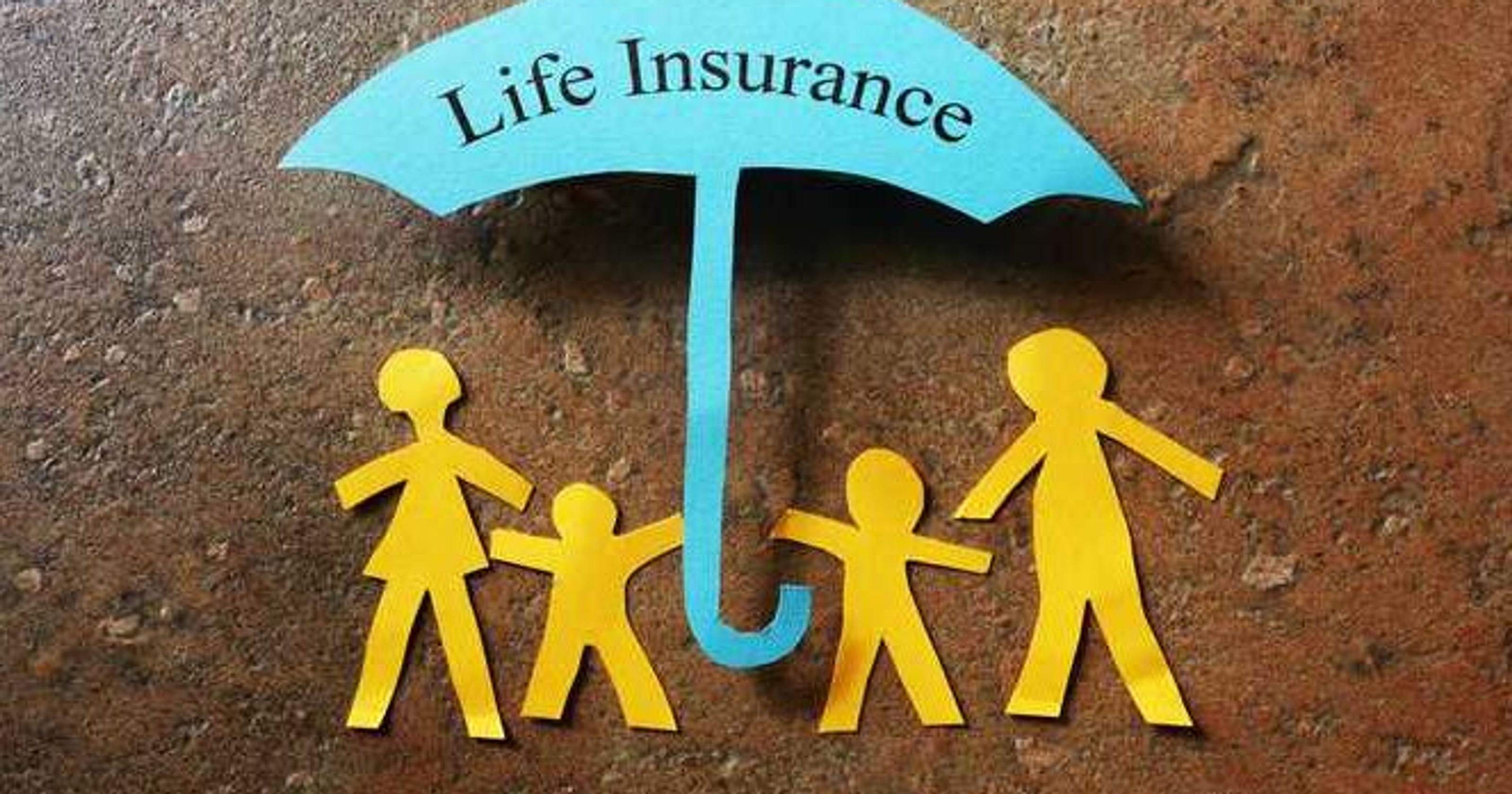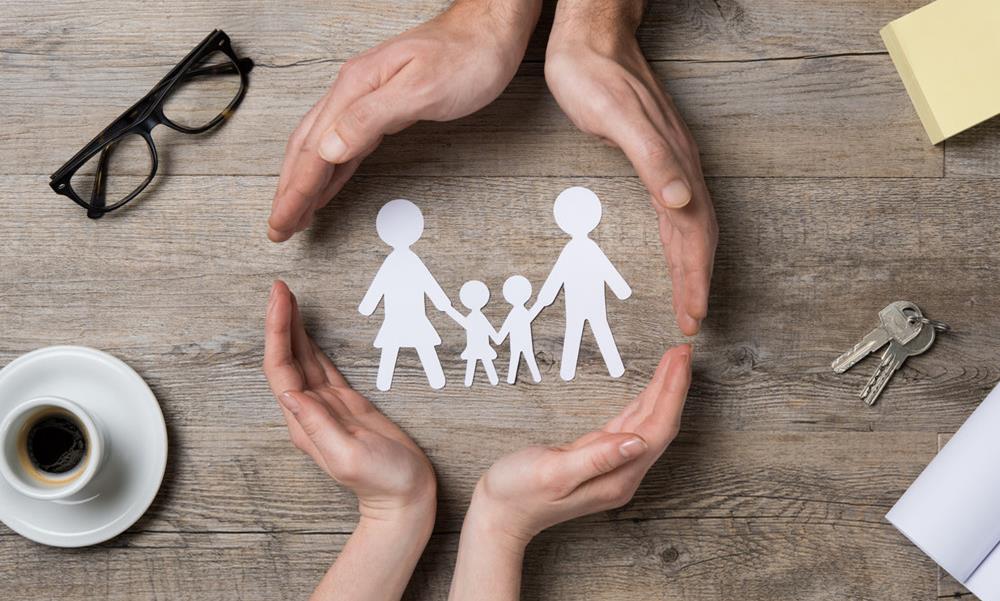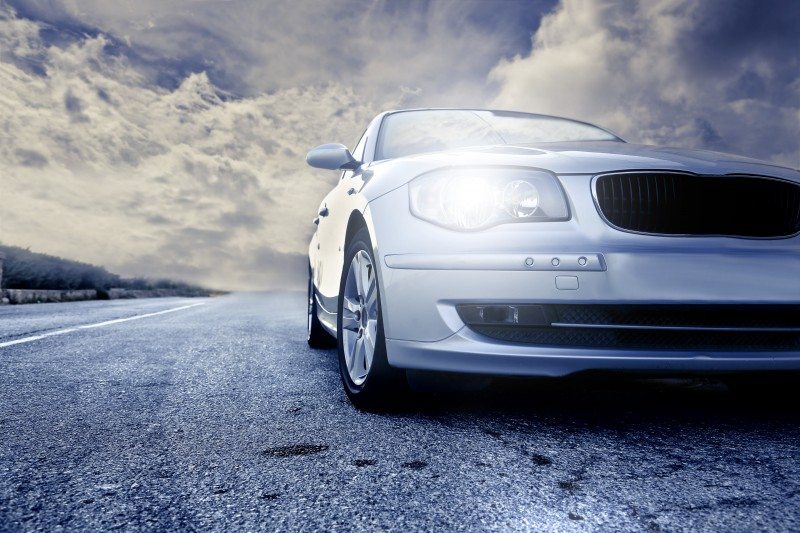Content
When someone makes the decision to stop drinking, the first 72 hours are critical, as they’re in the most painful part of the treatment and recovery process. As your body flushes all the alcohol from your system, you’ll experience the unpleasant pangs of acute withdrawal — but the benefits of quitting drinking will soon make themselves known. CEO, Promises Treatment Centers and Elements Behavioral Health PAWS is one of the leading causes of relapse for individuals that have completed alcohol addiction treatment. Many people experience symptoms of PAWS in cyclical waves – one day you feel fine, and the next you’re plagued by low energy and intense cravings for alcohol. The spontaneity of this withdrawal phase can make resisting temptation hard. However, it’s important to note that each PAWS episode is often limited to only a few days at a time. If an individual can hang on during that time frame, the symptoms will resolve just as quickly as they appeared.
- If you’ve overindulged this holiday season, you might consider a Dry January challenge.
- Try skipping alcohol, especially in the late afternoon and evening, for more restful shut-eye.
- Your nightly glass-or three-of wine could be to blame, says Greuner.
- At 3 weeks of not drinking, most drinkers have successfully reduced their risk of heart disease, including stroke, high cholesterol, and high blood pressure.
You can pay attention to your family and friends and be there for them instead of sneaking away for a drink. Since many people drink to feel better, it may sound counterintuitive to say you’ll feel better when you are quitting drinking, but you will. Alcohol causes your blood sugar to fall and stay low for hours, which is one reason you sleep so badly and feel so awful the next day.
I’m Possible: Michael G From Alcohol To Recovery
I will limit my Saturday and Sunday drinking to no more than three drinks per day or five drinks per weekend. I will stop drinking on weekdays, starting as of __________. Make a table like the one below, weighing the costs and benefits of drinking to the costs and benefits of quitting. The NIAAA provides several resources to help people decide whether they need to make changes to their lives. Its Rethinking Drinking website helps you assess your relationship with alcohol and explore options for cutting down or quitting. Those looking to quit alcohol after long periods of excessive drinking should only do so under the supervision of a trained physician.
With the acquisition of each new coping skill and the evolution of emotional maturity, your brain builds new connections and creates pathways for healthy interactions in the future. Rational decision-making and impulse control are crucial in fighting addiction, and luckily these powerful functions of the brain will return as you begin to heal. Research the kinds of treatment that are available and discuss these options with your friend or family member.
Increased Mental Clarity
I knew I wanted to continue on this path, and each year it has only gotten better. The first year of sobriety will be the hardest but also the most rewarding, and it will help you feel like a new person in a new world of possibility.
There’s no denying that alcohol plays a major role in the life of most American adults. In fact, more than half of us report drinking alcohol on a monthly basis, and over a quarter report binge drinking in the past month. Treatment varies depending on the severity of withdrawal symptoms. People experiencing mild to moderate alcohol withdrawal symptoms often receive outpatient care—meaning there is no extended time spent in a hospital or facility. You’ll likely begin to feel better between five to seven days after you stop drinking, though some symptoms—like changes in sleep patterns, fatigue, and mood swings—can last for weeks or months. It’s clear that alcohol, and heavy drinking in particular, can up your chances of several types of cancers, including in your esophagus , mouth, throat, and breast. What’s less clear is if quitting alcohol lowers your chances for cancer and, if so, how long it might take.
Just Note That You Might Overdo It If You Start Drinking Again
It is intended for general informational purposes and is not meant to be a substitute for professional medical advice, diagnosis, or treatment. Always seek the advice of your physician or other qualified health provider with any questions you may have regarding a medical condition. If you think you may have a medical emergency, immediately call your physician or dial 911. James Flack, MD, deputy chair of psychiatry at Houston Methodist Hospital. You need to consider more than just the quantity and frequency of your alcohol intake. Bureau of Labor Statistics reports that Americans spent an average of $478 on alcohol in 2020. That’s a lower number than in previous years, largely because pandemic lockdowns forced people to drink at home instead of in bars and restaurants where profit margins drive the price of alcohol up.
- While a glass or two of wine or a few cocktails may seem to set the mood, it’s actually a depressant, which is the last thing you want in the bedroom.
- James Flack, MD, deputy chair of psychiatry at Houston Methodist Hospital.
- The first 72 hours after you decide to quit are very much the crucible that every person who commits to sobriety must cross through.
Alcohol is a diuretic, meaning it makes you pee more, flushing water from the body and leading what happens when you stop drinking alcohol to dehydration. When skin cells are parched, the face looks dull, dry, tired, and old.
Alcohol affects multiple bodily functions that results in alcohol withdrawal when attempting to stop. First and foremost, excessive drinking excites and irritates the central nervous system. Alcohol has a sedative effect on the brain in which it suppresses certain neurotransmitters, causing people to feel at ease after drinking.
How Is Alcohol Withdrawal Diagnosed?
And you don’t have to wait until you hit rock bottom; you can make a change at any time. Whether you want to quit drinking altogether or cut down to healthier levels, these guidelines can help you get started on the road to recovery today. Alcohol withdrawal symptoms can shift quickly and violently – you can experience minor symptoms to extremely severe side effects in a matter of hours. There are many alcohol treatment programs that focus on helping individuals overcome drinking problems, no matter how minor or how serious. Specialized rehab facilities offer many benefits to those struggling with alcohol addiction. For example, treatment providers will be able to help alleviate some of the most painful of withdrawal symptoms, as well as provide 24/7 support through the entire recovery process.
That said, it’s common for people to drop a few pounds at this juncture. Booze also decreases the body’s production of the antidiuretic hormone that helps the body reabsorb water. After just a few days of abstinence, you’ll notice that your skin looks and feels more hydrated, and skin maladies like dandruff, eczema, or rosacea may also improve over the long term. Researchers have identified a close correlation between alcohol use and skin conditions such as psoriasis, eczema, spider veins, post-adolescent acne, and even superficial skin infections. And with fewer hangovers comes more energy and less fatigue.
Youll Start Losing Weight
Unless you’ve replaced the empty calories of alcoholic drinks with another indulgent food, you’ve probably cut 2000 calories by the second week’s end. You may find your scale reading a pound or two lighter than before.
Although we often turn to a glass of wine or a stiff martini to feel better, the irony is that drinking can have both short- and long-term negative effects on mood. Since alcohol floods the brain with dopamine, which influences how we feel pleasure, the “rush” of this feel-good chemical can cause anxiety to flare up as soon the levels begin to drop. Over time, this can turn into a detrimental cycle of drinking, feeling anxious, and then drinking more to reinstate a feeling of calm. That’s why alcohol consumption can lead to reduced mood, increased anxiety, and even depression. “There’s a high correlation between alcohol use disorder and other mental disorders, including depression and anxiety,” Dr. McGrath explains. “When you stop using alcohol, it really benefits your overall mental health.”
Those empty calories aren’t as satisfying as energy from whole foods with nutrients like protein and fiber and fat, so you’re likely adding alcohol’s calories on top of your nutritional needs. If you eat an adequate amount to maintain your weight, any excess calories will be stored as fat. “There are people who have learned to practice very reasonable alcohol consumption that contributes to psychosocial well-being in a way that does not impair their health. While alcohol is high in calories, and wine, beer, and mixed drinks add sugar to one’s diet, Kumar says cutting it out may or may not help to lose weight.
For one, cutting down on alcohol consumption can bring healthy weight loss, your skin can begin clearing up, and blood pressure will improve as well. Overcoming an addiction to alcohol can be a long and bumpy road. If you’re ready to stop drinking and willing to get the support you need, you can recover from alcoholism and alcohol abuse—no matter how heavy your drinking or how powerless you feel.
For example, bring your own mocktail and practice what you’ll say to people when they offer you a drink. There’s nothing wrong with saying you’re taking a break from alcohol. Consider a Dry January challenge if you’re a casual drinker who’d just like to take a break from alcohol. You can boost your odds of success if you tell people about what you’re doing and ask for their support.
The guidelines state that alcohol should be consumed in moderation — up to one drink per day for women and up to two drinks per day for men. The current Dietary Guidelines for Americans recommend that alcohol should be consumed in moderation https://ecosoberhouse.com/ — up to one drink per day for women and up to two drinks per day for men. Since alcohol can damage your cells, it may lead to DNA changes that increase your risk for certain cancers, particularly liver, colon, and rectal cancer.





